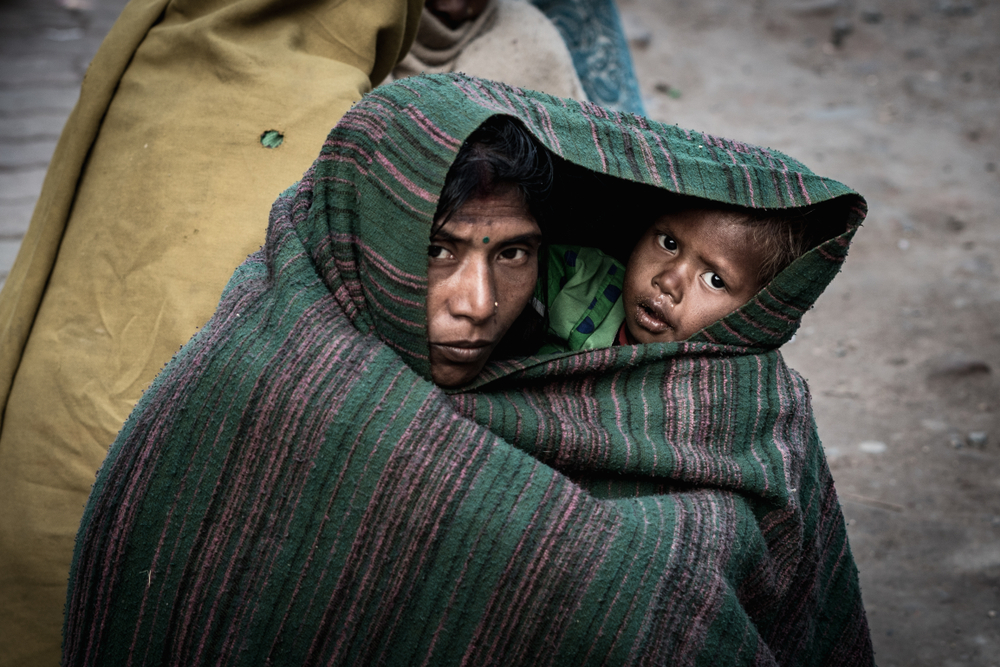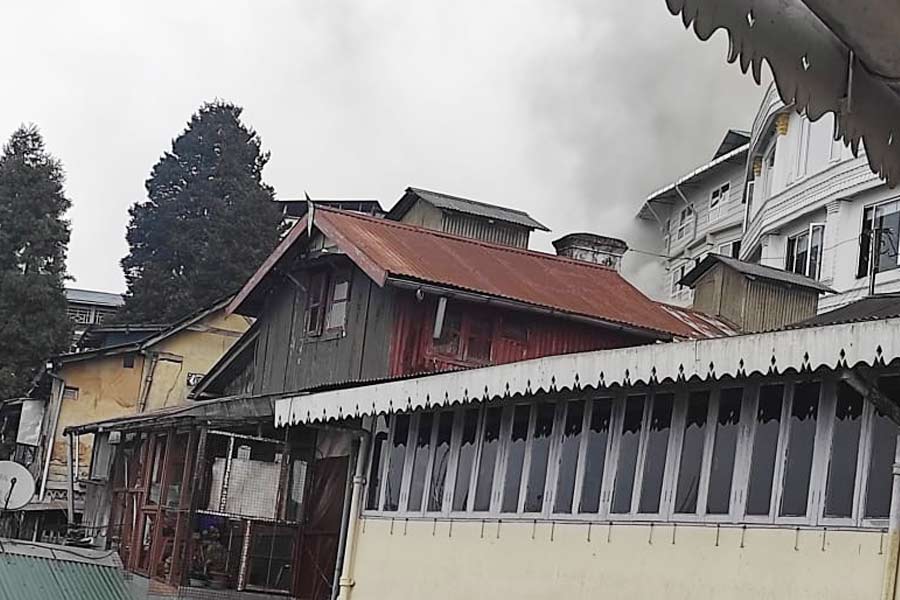The Centre on Friday launched a project to feed beggars and the destitute in 10 cities, including Calcutta, amid allegations that hundreds of poor people were living in hunger because of the lockdown.
The social justice and empowerment ministry has asked the civic bodies in Delhi, Mumbai, Calcutta, Chennai, Hyderabad, Bangalore, Indore, Patna, Nagpur and Lucknow to start the feeding programme.
Ministry secretary R. Subrahmanyam said the Centre also planned to rehabilitate beggars by providing them skill training, shelter and education for their children.
“We have plans for a comprehensive rehabilitation scheme for beggars from next month,” Subrahmanyam said.
Subrahmanyam added: “In the current situation of lockdown to check the spread of Covid-19, many beggars would be facing difficulties in getting food. As a precursor to our comprehensive plan, the feeding programme will be carried out (now).”
The 2011 population census had counted 4.13 lakh beggars and vagrants in the country. Most of them were found in cities and towns.
Under the rehab plan, the civic authorities will engage NGOs to identify beggars through a survey.
The NGOs will take the beggars to the existing shelter homes.
The civic bodies will build new shelter homes if the existing ones aren’t enough. A shelter home will accommodate up to 100 beggars.
Beggars who have family and children will be allotted a separate room inside the shelter home. Civic officials will arrange the enrolment of their children in government schools.
During their stay at the shelter homes, able-bodied beggars will be provided skill development training.
Education activist Ashok Agrawal, president of the All India Parents Association, said that “most government schemes” fail to yield the desired results because of poor monitoring and a lack of continued focus.
“The (beggar rehab) plan is good but... unless there’s (sustained) focus, a scheme misses monitoring and thrust. This happens with most government schemes,”Agrawal said.
Agrawal cited the example of the Right to Education Act, which mandates compulsory schooling for every child. However, many private schools are reluctant to admit students from poor families. Some of these children who gain admission face discrimination at the private schools, he said.
K. Narayanan, managing director at the National Backward Class Finance and Development Corporation, said the corporation had already done a pilot programme on skill training for beggars in five states, including Bengal.
Some 400 beggars have been trained in various skills such as furniture-making, packaging, incense stick-making and street vending. Many of them have gained jobs.











